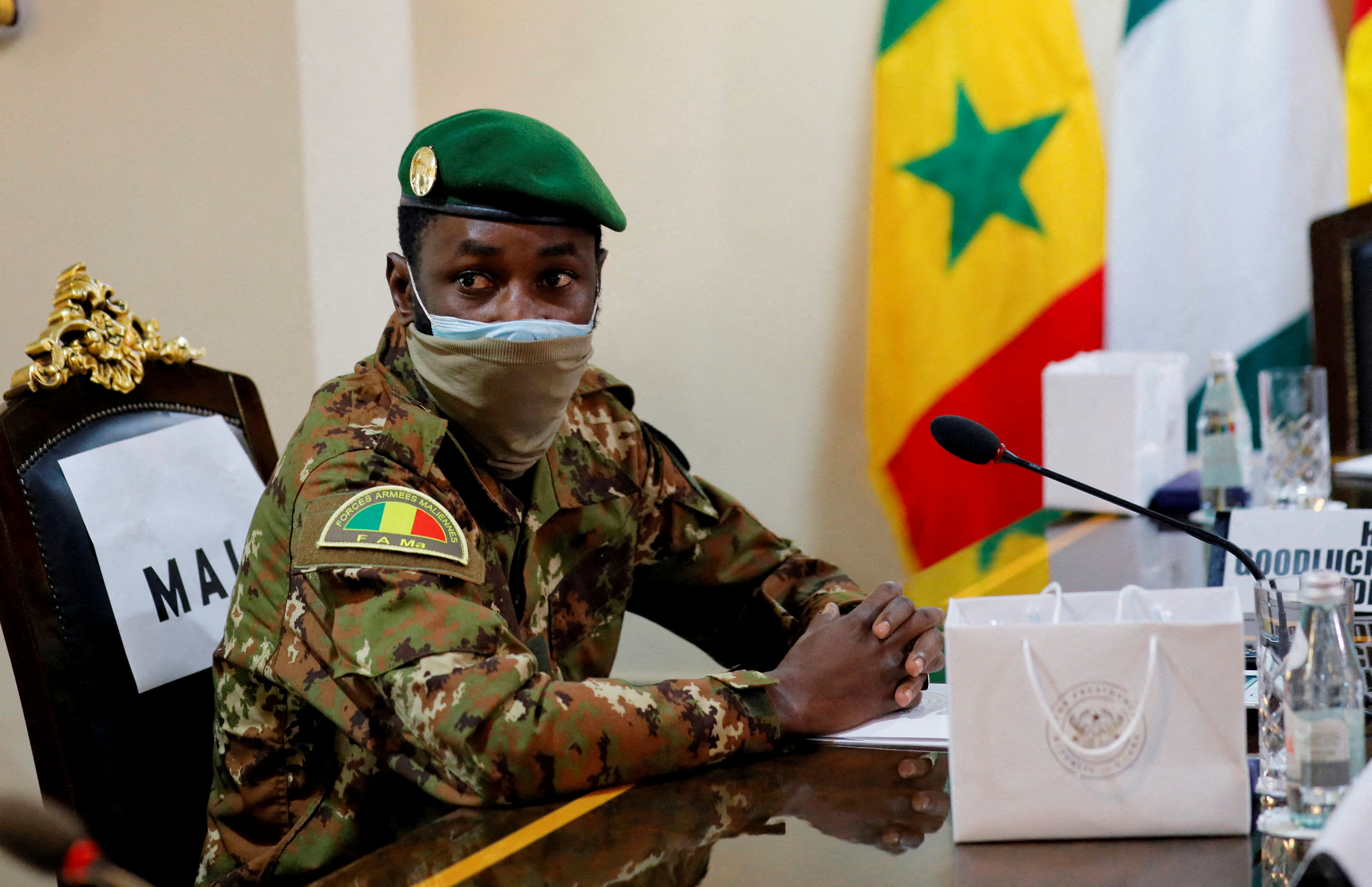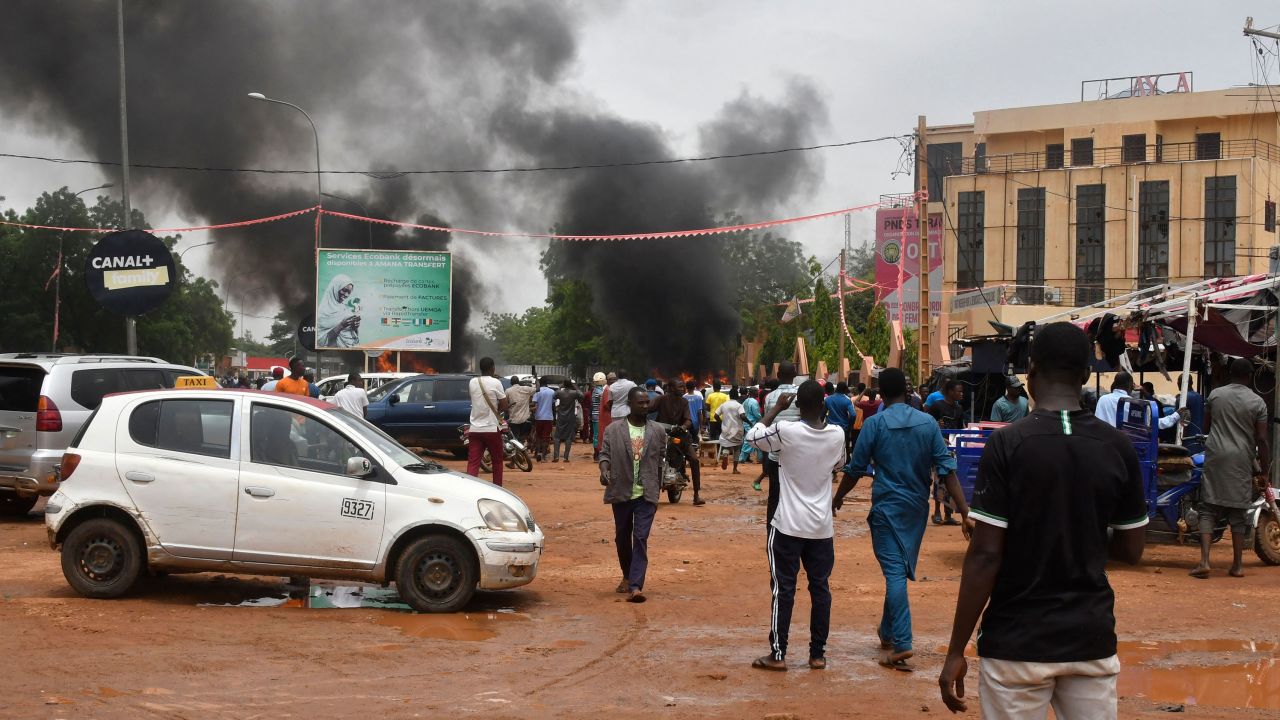The insatiable global appetite for gold, now valued at a staggering $15 billion annually from the Sahel region, is a double-edged sword. While investors revel in record profits, the people of Burkina Faso, Mali, and Niger suffer under military juntas that exploit this lucrative resource to fund violence and misery.
Gold"s Role in Military Financing
In 2025, gold prices have skyrocketed, drawing in central banks, hedge funds, and retail investors. As reported by BBC, governments in the Sahel are seizing this opportunity, using gold revenues to finance military campaigns against jihadist insurgencies. The juntas in these countries claim that gold production provides increased sovereignty and benefits to citizens, but the reality is starkly different.
Exploitation and Human Rights Abuses
Human Rights Watch has documented horrifying atrocities committed by military forces in Mali and Burkina Faso, including unlawful killings and torture. The very military financing enabled by gold revenues is often used against the civilians they are meant to protect. Beverly Ochieng from Control Risks highlights that the military budgets have ballooned, consuming vast portions of national spending, with Mali’s military expenditures tripling since 2010. This investment in security is not yielding safety but rather escalating violence, pushing desperate communities further into the arms of insurgents.

Mali"s military junta pulls out of regional G5 Sahel force ...
Artisanal Mining and Informal Economies
The artisanal gold mining sector, largely informal and unregulated, is where many impoverished citizens turn for income. A miner from Mali"s Kidal region, wishing to remain anonymous, disclosed that despite soaring gold prices, his earnings have not increased. Instead, profits are funneled to mine owners and military factions. The miner"s daily wage ranges between $18 and $36, a pittance compared to the wealth generated from the gold he digs. As reported by BBC, the significant lack of oversight in this sector means that armed groups, including jihadists, are competing directly with government forces for control over these mines, further perpetuating a cycle of violence.
International Responsibility and Ethical Mining
The global gold market"s lack of ethical standards leaves the door open for what can rightfully be termed "blood gold." As noted by experts like Dr. Alex Vines, the traceability of gold is incredibly problematic. The absence of a robust certification system akin to the Kimberley Process for diamonds has led to a situation where gold can be smelted and sold without a clear understanding of its origin. The UAE, a primary hub for gold refining, has inconsistent enforcement of ethical standards, allowing blood gold to enter international markets with little scrutiny.

Niger Government Building
The Consequences for Sahel Communities
With the Sahel region"s escalating conflicts fueled by gold, the consequences for local communities are dire. The increased competition for control over gold mines has led to intensified violence, pushing vulnerable populations to align with the very insurgents that governments claim to combat. The gold rush not only enriches military juntas but also exacerbates human rights abuses and environmental degradation, as unregulated mining practices destroy local ecosystems.
The stark reality is that the gold industry, rather than serving as a pathway to prosperity for the Sahel’s people, has become a catalyst for suffering and conflict. The urgent call for accountability and ethical practices in gold sourcing is more critical than ever, as communities continue to pay the price for a commodity that should uplift them. Until systemic change occurs, the cycle of violence and exploitation will persist, leaving countless lives shattered in its wake.



![[Video] Gunfire between Iraqi security forces and Sadr militias in Baghdad](/_next/image?url=%2Fapi%2Fimage%2Fthumbnails%2Fthumbnail-1768343508874-4redb-thumbnail.jpg&w=3840&q=75)
